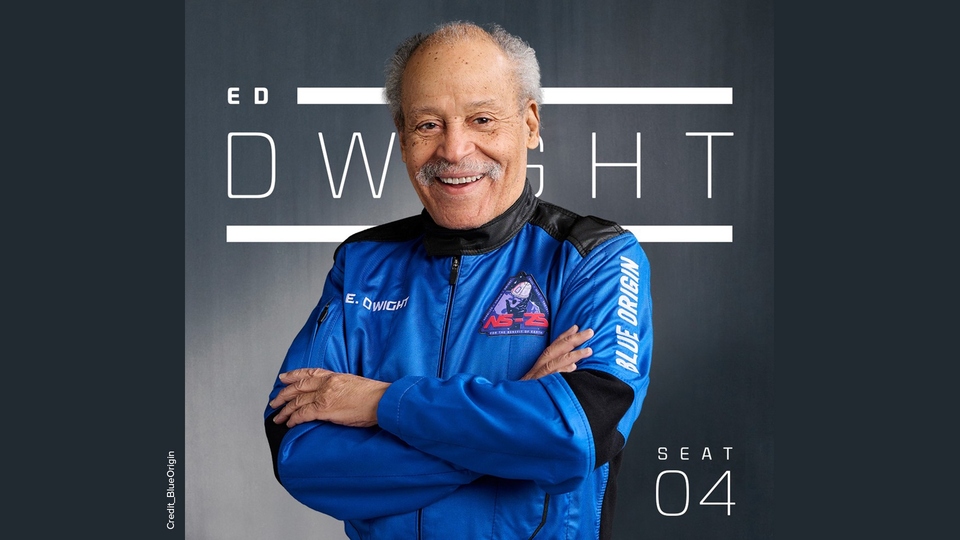
Woman Finishes Boston Marathon after Battling Rare Disease.
Boston, Mass.—Two years after her diagnosis with a rare autoimmune disease, Alex Mayer finished the Boston Marathon.
May 27, 2025 by By Cathy Stack
In 2023, Alex Mayer, an avid runner and college student, awoke confused and unable to move in a hospital bed. She suffered from short-term memory loss and cognitive impairment. Doctors diagnosed her with a rare autoimmune disease, acute disseminated encephalomyelitis (ADEM).
ADEM typically presents after a viral or bacterial infection and can cause inflammation in the central nervous system. ADEM can cause the sufferer to have difficulty processing information or performing basic tasks without assistance.
“It was difficult to come to terms with the fact that, not only could I not walk or move, but also my identity had been altered,” Alex said.
Alex’s diagnosis perplexed her and her family. It seemed unbelievable that someone as young as her would be facing such unexpected physical and cognitive challenges. She felt relieved to have a confirmed diagnosis, but she still had so many questions and few concrete answers. It left her feeling vulnerable and frustrated. She felt unprepared for how to navigate her path to recovery, which would become the toughest challenge of her young life.
Alex faced the challenge of relearning basic skills, and she had to accept her new reality that consisted of hours of physical therapy. Her old college life – filled with studying for exams, attending classes and social outings with friends – felt like a distant dream.
“The hardest part of my recovery was trying to accept that this had happened,” said Alex. “I was forever changed, and not everyone around me would be able to understand what that was like.”
Her recovery process was slow at first, but soon she felt a spark ignite within her. In order to regain some control of her healing journey, she set daily goals like standing on one foot or walking without a cane during her physical therapy sessions.
After several months of incremental progress, she started to run again. Once she regained her physical strength, she started to train even harder and set an ambitious goal to one day participate in the Boston Marathon. When her physical therapy sessions ended, she pushed herself to go out on daily runs.
“Every time I didn't want to run, I reminded myself that I am so lucky to be here, and I remembered the girl in the hospital bed begging to be let out,” she recalled.
Her perseverance paid off. She finished the Boston Marathon in April 2025 with her supportive friends and family cheering her on. When she crossed the finish line, she said she felt an overwhelming sense of gratitude. Her marathon medal represented just how far Alex had come physically and mentally.
The Foundation for a Better Life and PassItOn believe that Alex Mayer is a hero. Her inspiring story offers hope to the approximately 23.5 million Americans who live with autoimmune diseases. Alex regained her strength and overcame physical limitations through her ‘never give up’ spirit and her profound sense of gratitude. Her action is a great example of the value of hope. Please help honor Alex by sharing her inspiring story.



.jpg)